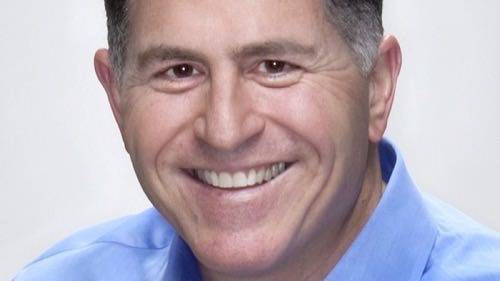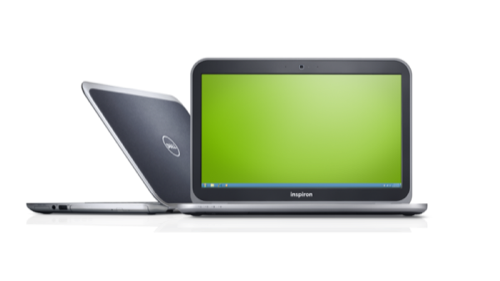
There’s been a lot of talk about why the proposed Dell buyback doesn’t add up. Some of it dates back more than two years, and the arguments all center on one thing – money.
The problem, as critics see it, is that going private robs Dell of critical cash at the time it most needs to spend that cash to acquire companies that diversify its lineup. It’s a valid point, but that doesn’t mean it’s the only way to look at the situation. Even with a cash crunch, pulling Dell off the public market might be exactly what the company needs to avoid prying eyes that could toast its chances for future success.

The IBM Ideal
When IBM sold its PC business to Lenovo in 2004, everybody won. IBM pulled in some needed cash, exited a low-margin business and focused on the enterprise. Lenovo got instant credibility and brought efficiencies to a market that still had years of oomph.
Nearly everyone predicts that Dell wants to do the same with its buyback, but today’s market is fundamentally different. PC sales are dropping, and Dell’s share of that market is falling even faster. Plenty of PC manufacturers would be willing to fold Dell’s brand into their lineup, but not at the premium investors would ask. Time isn’t on Dell’s side. The longer it waits to offload its PC business, the worse the deal will get. Going private would at least shield the company from having to make those details pubic.
The HP Boondoggle
Dell is smaller and more dependent on PCs than is HP, but the two companies line up well enough to illustrate how a reinvention of Dell might work.
HP is an absolute wreck. Investors are shaky, key executives are fleeing, and even Meg Whitman’s rosiest turnaround scenario offers years of bleeding to come. HP has product problems, legal problems and PR problems, and it’s headed for a fire sale. Seven out of the ten first-page results on a Google News search for “HP” were negative. HP is floundering in full view, and all the negativity is making it difficult for the company to manuever.
So why didn’t HP go private?
According to Gartner Senior Research Analyst Chris Gaun, “HP has a larger market capitalization, and going private might not have been an option.” Raising $15 billion for a Dell buyout is pushing the envelope. $34 billion for HP would be in a completely different zip code. Gaun also points out other complications, such as the Autonomy investigation, which would add substantial risk and complexity to any buyout. HP is too big and too messy for a buyback.
HP CEO Meg Whitman claims low-margin PCs are essential to HP’s survival as a full-spectrum technology provider. Lets’ say Dell agrees. Going private still makes sense.
According to Reticle Research Principal Analyst Ross Rubin, a buyback could benefit Dell, regardless of its goal. “Going private would insulate Dell from investor scrutiny and the expenses of running a public company. It would have more flexibility to continue the low-margin PC business if, like HP, it continued to see it as part of a solution – or spin it out and take the revenue hit, as HP was considering.”

Protecting The Brand
Even the high-margin products and services Dell wants to protect are being pushed toward commodity status. In the end, Dell will be trading on its name. Insulating that name from controversy that might cheapen it could be worth some belt-tightening.
Michael Dell photo from Dell.

















